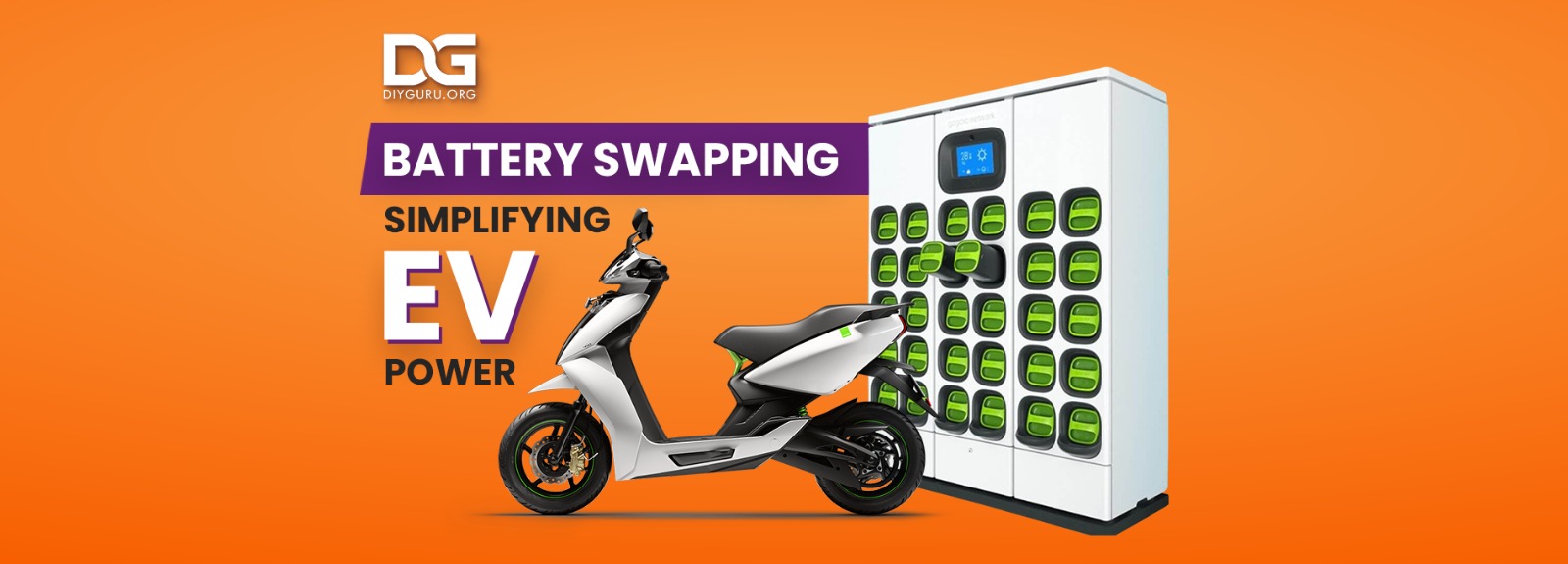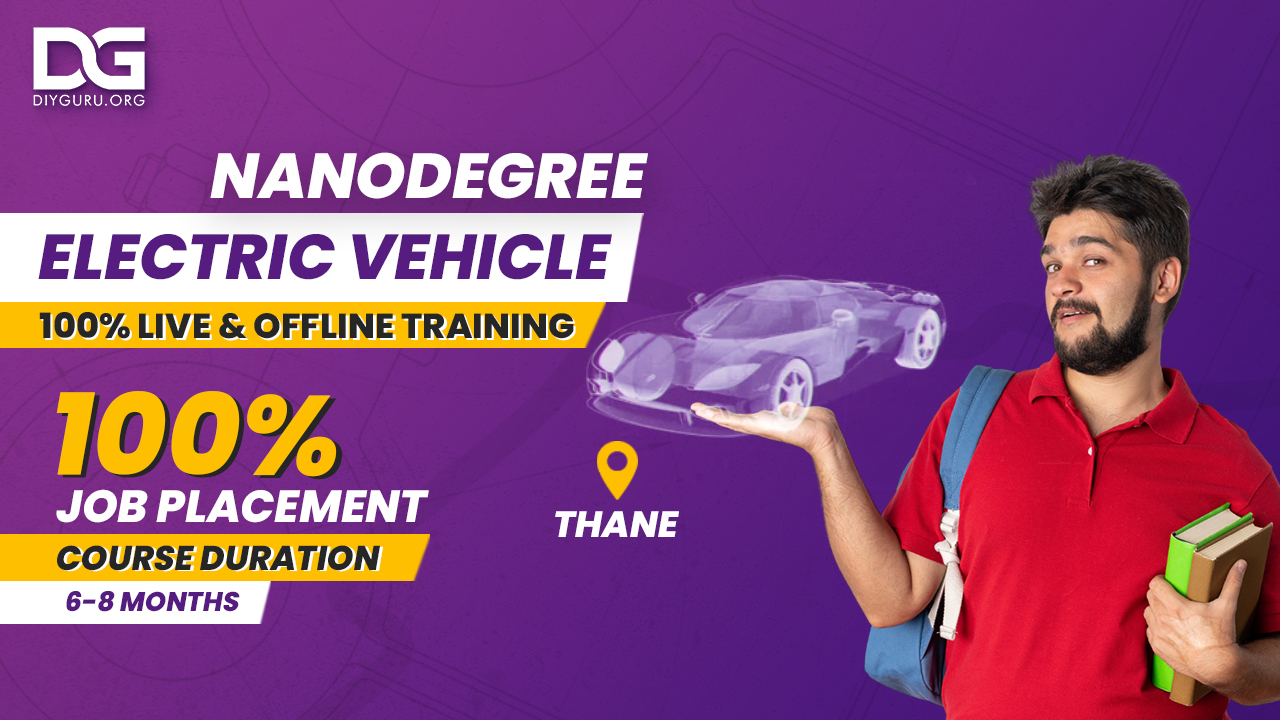Battery Swapping | Simplifying EV Power

Battery swapping, also known as battery-as-a-service, enables EV owners to exchange depleted batteries for charged ones at swapping stations. This eliminates the need for extensive charging infrastructure and addresses range anxiety. Additionally, battery leasing offers cost savings. Unlike lengthy charging times at stations, swapping takes minutes and minimal infrastructure.
To promote this in congested urban areas, Finance Minister Nirmal Sitharaman announced India’s battery swapping policy. Firms like Gogoro in Taiwan have pioneered this technology. Users replace a drained battery with a fully charged one in under two minutes, aided by IoT. Any location can house a swapping station, making micro-distribution viable, especially where space is scarce.
For constant-use fleets like taxis, swapping saves downtime compared to lengthy recharging. Customers lease charged batteries from energy outlets, paying for used power. Energy companies buy batteries, install stations, and swapping takes as long as refueling. EVs enter stalls, automated swapping occurs, and customers pay a monthly fee or per use, still cheaper than refueling.
Benefits:
Swift swaps reduce charging time to minutes.
Ownership costs become operational, cutting EV prices.
Diverse payment models – subscription or pay-per-use.
Minimal land use for swapping stations.
Battery use efficiency is enhanced.

Operations:
Buy vehicles without batteries, lease batteries from Energy Operators.
Swap drained batteries for charged ones, pay for used power.
Batteries owned by operators; charging infrastructure provided.
Network of swapping and charging stations created.
Swapping time matches refueling time.
EV users visit specified stations for swaps.
Job Opportunities in EV Industry
In the realm of electric vehicles (EVs), a significant gap remains in the skills and knowledge possessed by EV customers concerning EV technology, batteries, Battery Management Systems (BMS), battery charging techniques, plugs, and cables. Paradoxically, industries are advancing rapidly due to technological progress.
Currently, industries are turning their attention to battery swapping technology due to the pressing issue of charging infrastructure. This shift is creating a plethora of job prospects within the EV sector, specifically in the field of battery swapping.
DIYGURU is at the forefront of tackling this issue. Through an extensive array of training programs focused on EV technology, batteries, and BMS, DIYGURU is actively increasing job opportunities in the EV industry. These meticulously crafted courses are developed by industry experts, ensuring that they encompass industry-relevant content. The convenience of online learning is also incorporated into these courses.
Stay connected with us to delve deeper into the world of EV technology and remain ahead of global advancements.





